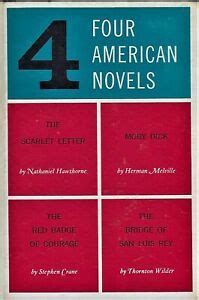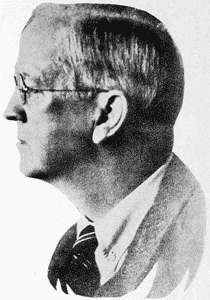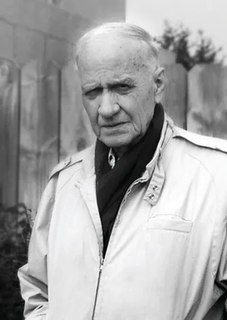A Quote by B. C. Forbes
The most famous self-made man in the world today is our own Edison. Talk with Mr. Edison and he will tell you he owes much if not most of his success to omnivorous reading. Forbes is one of his favorite publications. How closely he reads it can be gathered from a letter just received from him in which he asks the editor to forward a long analytical letter to the writer of a series of articles which contained two figures Mr. Edison questions, and he wants to know exactly on what authority or investigation they were based. Both letters were the product of Mr. Edison and were signed by him.
Quote Topics
Analytical
Articles
Asks
Authority
Based
Both
Closely
Contained
Editor
Exactly
Famous
Favorite
Figures
Forbes
Forward
Him
His
How
Investigation
Just
Know
Letter
Letters
Long
Made
Man
Most
Much
Our
Owes
Own
Product
Publications
Questions
Reading
Reads
Received
Self
Self-Made
Series
Signed
Success
Talk
Tell
Today
Two
Wants
Were
Which
Will
World
World Today
Writer
Related Quotes
When Edison first started out with his "crazy" idea for the light bulb, skeptics were unmoved. They called Thomas Edison a con man and taunted him to prove his bulb could really work. Despite the naysayers, Edison pushed on, demonstrating the importance of sticking with his "crazy" idea which would go on to turn him into one of the world's most well-known entrepreneurs. The key here is to fan the foolish fire no matter what!
A reporter called on Edison to interview him about a substitute for lead in the manufacture of storage batteries that the scientist was seeking. Edison informed the man that he had made 20,000 experiments but none had worked. "Aren't you discouraged by all this waste of effort?" the reporter asked. Edison: "Waste! There's nothing wasted. I have discovered 20,000 things that won't work."
Thomas A. Edison was once reluctantly persuaded by his wife to attend one of the big social functions of the season in New York. At last the inventor managed to escape the crowd of people vying for his attention, and sat alone unnoticed in a corner. Edison kept looking at his watch with a resigned expression on his face. A friend edged near to him unnoticed and heard the inventor mutter to himself with a sigh, "If there were only a dog here!"
Thomas Edison reads not for entertainment but to increase his store of knowledge. He sucks in information as eagerly as the bee sucks honey from flowers. The whole world, so to speak, pours its wisdom into his mind. He regards it as a criminal waste of time to go through the slow and painful ordeal of ascertaining things for one's self if these same things have already been ascertained and made available by others. In Edison's mind knowledge is power.
His [Pitt's] successor as prime minister was Mr. Addington, who was a friend of Mr. Pitt, just as Mr. Pitt was a friend of Mr. Addington; but their respective friends were each other's enemies. Mr. Fox, who was Mr. Pitt's enemy (although many of his friends were Mr. Pitt's friends), had always stood uncompromisingly for peace with France and held dangerously liberal opinions; nevertheless, in 1804, Mr. Fox and Mr. Pitt got together to overthrow Mr. Pitt's friend Mr. Addington, who was pushing the war effort with insufficient vigor.
Many people, including myself, thought of Jobs as an inventor, an Edison-like figure, but he wasn't. I did a documentary on James Brown recently; and, oddly, I found a lot in common between Jobs and Brown. Jobs was also a fantastic performer, put on an extraordinary live show at his product launches, but he could also be ruthless, cruel and totally self-aggrandizing. And just as Brown surrounded himself with the very best musicians, Jobs understood the importance of hiring the absolutely most talented people and knew how crucial they were to the success of what he was trying to do.





























